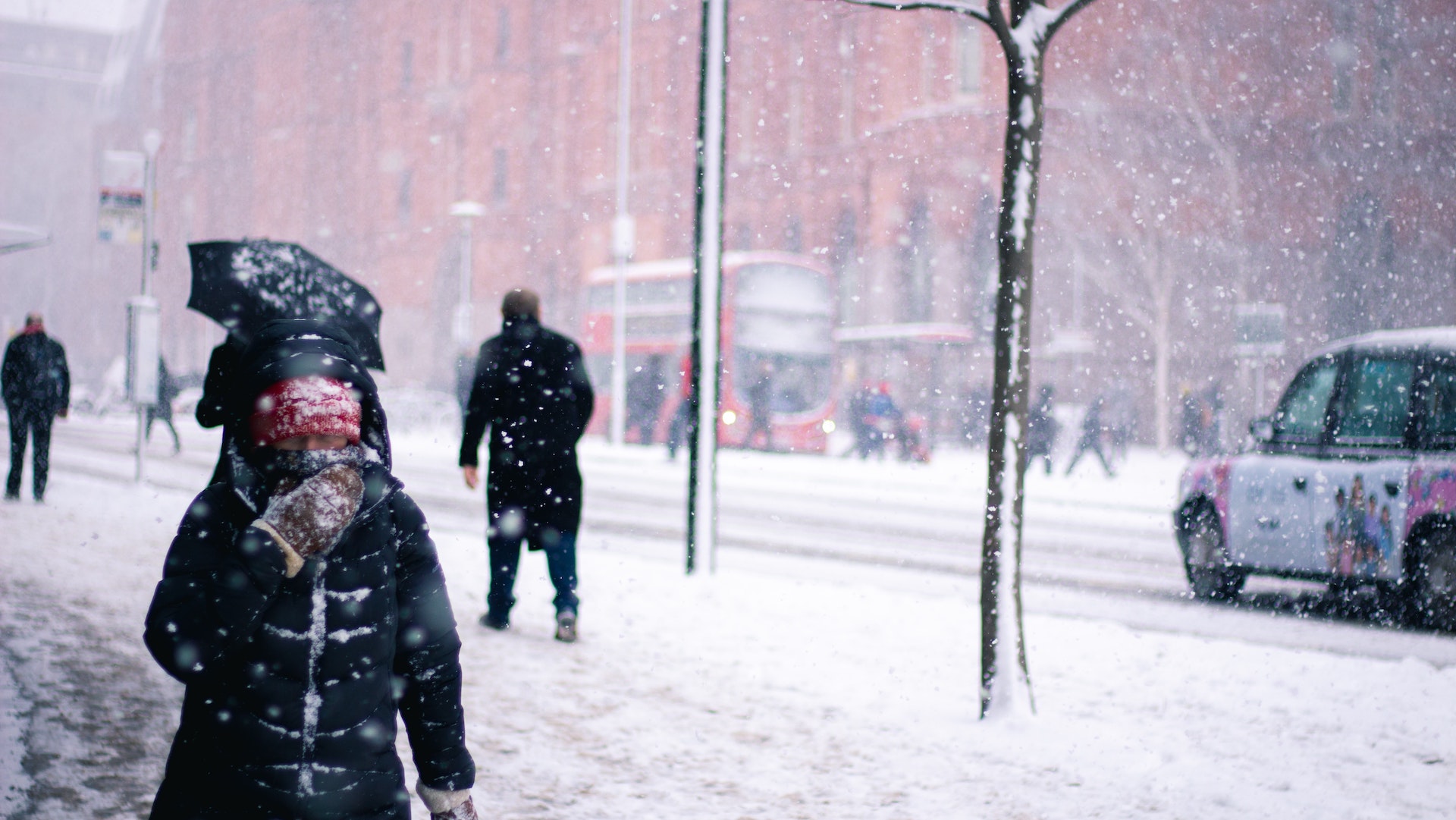Cold weather payments do not affect your other benefits and that £25 could be that extra injection of cash people need to put on their heating as the cold weather bites.
Here is everything you need to know about the government’s cold weather payment, including who is eligible, how much it is, how long it runs for and whether you need to apply.
Who is eligible for the cold weather payment?
The cold weather payment is only given to people on certain benefits. These are:
- universal credit
- pension credit
- income support
- income-based jobseeker’s allowance
- income-related employment
- support allowance
- support for mortgage interest
You will also only get the payment if your area is set to see temperatures drop below 0C for at least seven days. You can check if people in your area are due a payment here.
People living in Scotland will not be eligible for the payment, but they may receive an annual £50 winter heating payment instead. This is paid automatically through Social Security Scotland to eligible people regardless of weather conditions in their area.
How much is the cold weather payment?
People who are eligible for the payment will get £25 for each seven-day period of very cold weather between November 1 and March 31. This means many areas will miss out on the payment even if temperatures drop to freezing temperatures for a few days. Importantly, the payments do not affect your other benefits.
When does the cold weather payment scheme run?
The payment scheme runs from November 1 to March 31. You will only get the payment if the temperature is forecast to drop below freezing for seven consecutive days.
How do I apply for the cold weather payment?
You don’t have to apply for the cold weather payment. If you are eligible, you will receive it automatically from the Department for Work and Pensions. It will arrive within 14 working days and the money will go into the same bank or building society account as your benefit payments.
If you get income support, income-based jobseeker’s allowance or income-related employment and support allowance and you’ve had a baby or a child under five has come to live with you, you need to tell Jobcentre Plus. You will not get the payment automatically if you don’t.
What to do if you haven’t received the cold weather payment
If you haven’t received the payment – but you think you were eligible for it and temperatures have dropped below freezing for seven days – you need to tell the Pension Service or Jobcentre Plus.
People receiving universal credit can sign into their account and add a note to their journal. For those who do not have an online account, you can ring the universal credit helpline (the number will be on letters about your universal credit claim).
Who gets the winter fuel payment?
The winter fuel payment is different to the cold weather payment – although both help people with fuel costs. This payment is not means-tested, and you can get it if you’re working or claiming a benefit. If you were born on or before September 25 1956, you will likely qualify for the winter fuel payment and could get between £250 and £600 to help you pay your heating bills. Find out more here.
Get the latest news and insight into how the Big Issue magazine is made by signing up for the Inside Big Issue newsletter
The Big Issue’s #BigFutures campaign is calling for investment in decent and affordable housing, ending the low wage economy, and millions of green jobs. The last 10 years of austerity and cuts to public services have failed to deliver better living standards for people in this country. Sign the open letter and demand a better future.





